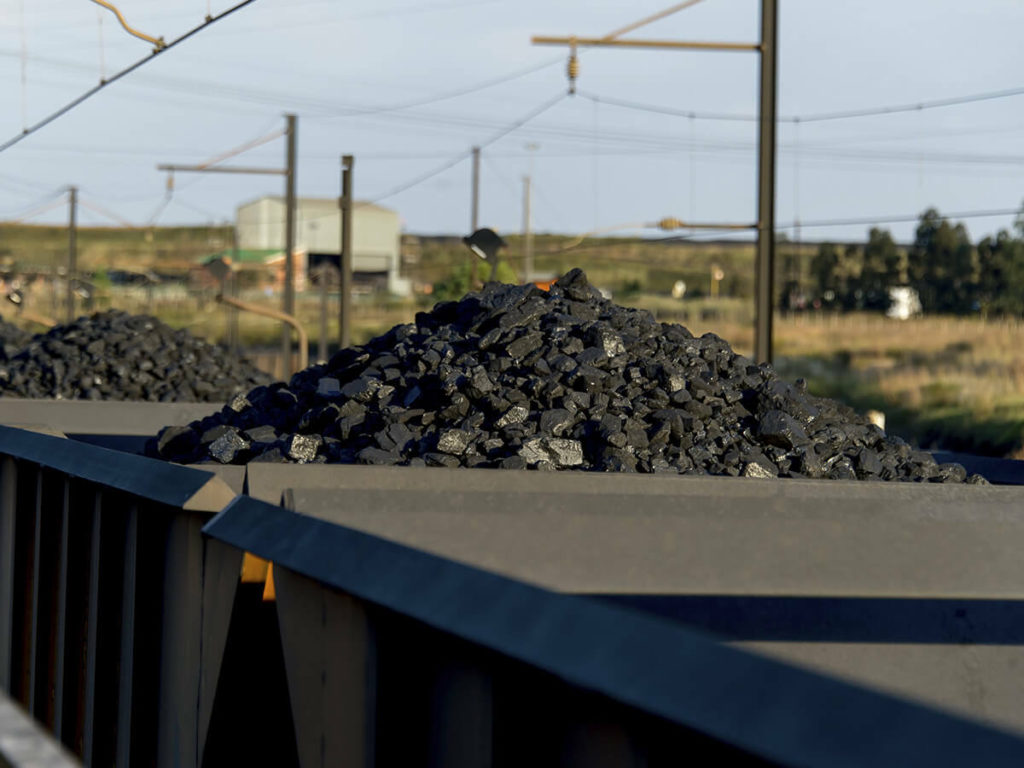Thungela CEO sees world shunning new coal as boon for existing mines

New coal investment may be drying up as the world seeks greener energy, but for miners like South Africa’s Thungela Resources that could be a boon if Asia’s ravenous appetite keeps prices bouyant, its CEO said on Friday.
Since its demerger from Anglo American in 2021, South Africa’s Thungela has pursued a strategy 100% hitched to coal, even while some investors shun the black stuff as a liability in a world under pressure to decarbonize.
“No new mines are being built as a result of either no capital or no licences,” July Ndlovu told Reuters in a virtual interview from Australia, where he said the Ensham mine Thungela acquired a year ago has seen output rise rapidly by a third to reach close to a 4 million tonnes target it had by 2026.
“If you’ve got long life, competitive assets which are low cost, those assets are going to be very valuable,” he said, adding that he currently had no new acquisitions planned.
After a coal rush to offset gas supply interruptions in the wake of Russia’s 2022 Ukraine invasion, rich nations have continued to sharply cut consumption in order to meet 2015 Paris Agreement pledges to reduce greenhouse gas emissions.
That, plus economic troubles in top consumer China, has weighed on prices. Yet they remain much higher than they were for more than a decade before the eight months leading up to the Ukraine war. Asian demand remains strong, Ndlovu said, which was “offsetting the decline in demand in the other regions”.
“I think in the short to medium term, certainly up to 2030 … we’re going to see flat to marginal growth … driven primarily by Asia,” he said.
South Africa’s coal shipments have been dampened by logistical problems at state-owned ports and rail company Transnet, devastating earnings of coal producers like Thungela, Exxaro Resources and Glencore, although those logistical problems have since eased.
Climate scientists say the world must swiftly abandon the world’s most carbon-intensive fuel – cancelling the building of new power stations and retiring existing plants early – to stand a chance of limiting warming to well below an average 2 degrees Celsius above pre-industrial levels by 2050.
“I think they are both unrealistic and premature. I’ve not seen a scenario which is zero coal,” Ndlovu said, adding that if there ever was: “We’ll be the ones delivering the last tonne.”
($1 = 17.6725 rand)
(By Tim Cocks; Editing by Elaine Hardcastle)
{{ commodity.name }}
{{ post.title }}
{{ post.date }}




Comments